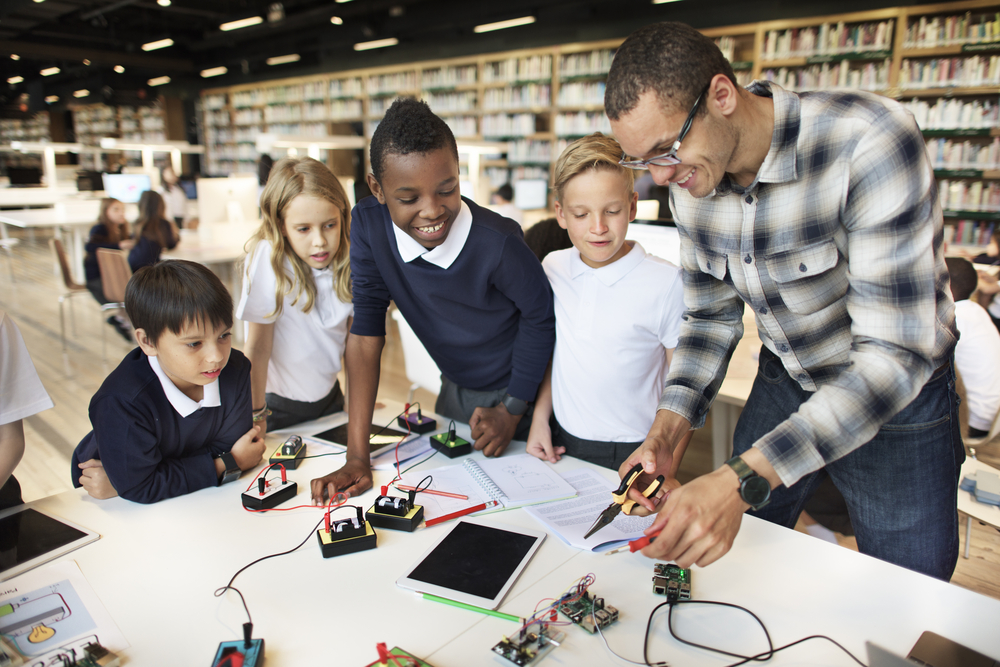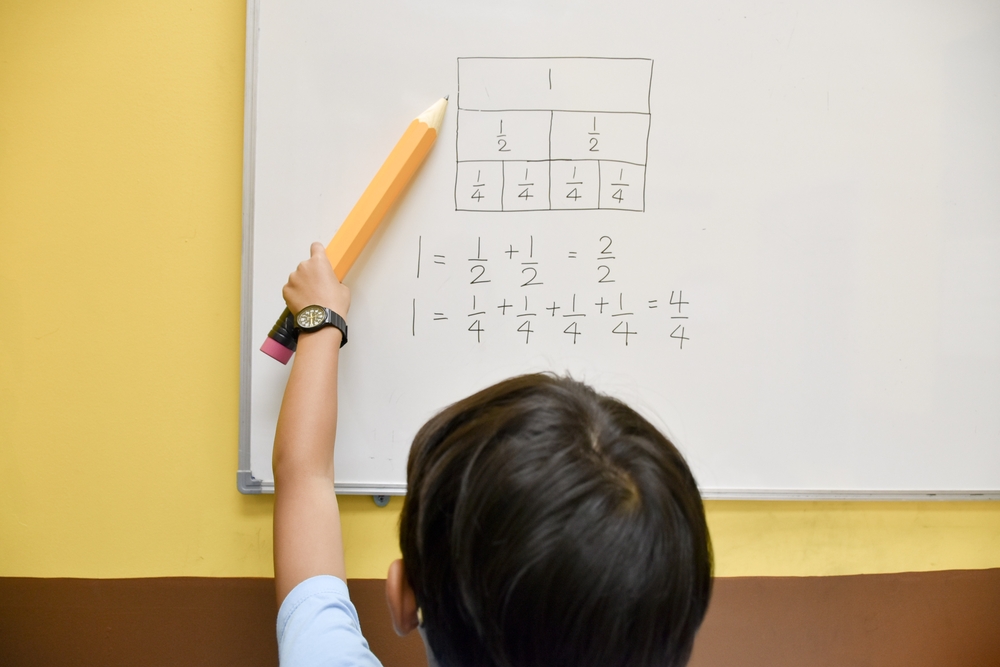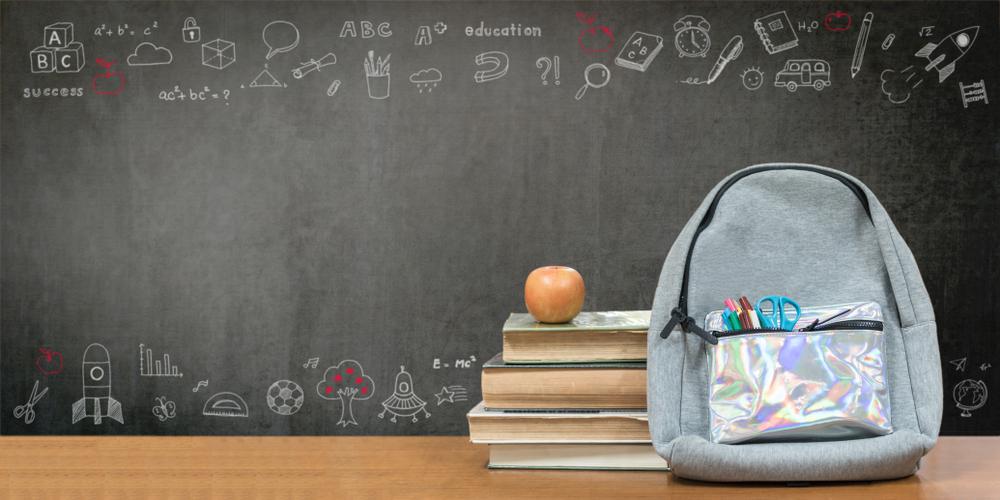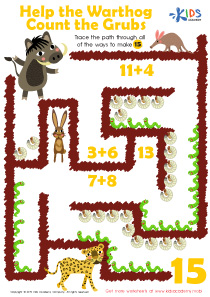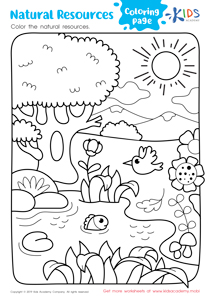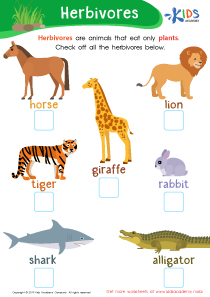Normal Alphabet worksheets activities for Kindergarten
2 filtered results
-
From - To


Rhyming Words: Assessment Worksheet


Vowel and Consonant Sounds: Assessment Worksheet
Normal Alphabet worksheets activities for Kindergarten are an invaluable resource in the foundational stage of a child's education. These structured activities are specifically designed to capture the attention of young learners, making the process of learning the alphabet both engaging and enjoyable. There are several reasons why these worksheets are particularly useful for children at this crucial learning stage.
First and foremost, Normal Alphabet worksheets activities for Kindergarten introduce children to the basics of reading and writing in a structured manner. By starting with the alphabet, children learn the building blocks of language, setting a strong foundation for literacy. These worksheets often include activities such as tracing letters, matching letters with objects that begin with the same sound, and identifying letters in various fonts and contexts, which help in reinforcing letter recognition and phonemic awareness.
Moreover, these worksheets are designed with young learners in mind, incorporating colorful illustrations and interactive tasks that cater to their developmental needs and attention spans. This makes learning less intimidating and more accessible for children, encouraging a positive attitude towards education from an early age.
Another significant benefit of Normal Alphabet worksheets activities for Kindergarten is the development of fine motor skills. As children trace letters and draw lines to connect matching items, they are practicing hand-eye coordination and learning to control their pencil with precision. These skills are essential not just for writing but for other areas of learning and daily activities.
Furthermore, by completing these worksheets, children gain a sense of accomplishment. This boosts their confidence and motivation to learn, fostering an environment where education is seen as a rewarding and enjoyable pursuit.
In conclusion, Normal Alphabet worksheets activities for Kindergarten are an essential tool in early childhood education. They offer a balanced mix of learning and fun, ensuring that children are engaged, motivated, and prepared for the more complex aspects of literacy as they progress through their educational journey.

 Assign to the classroom
Assign to the classroom
